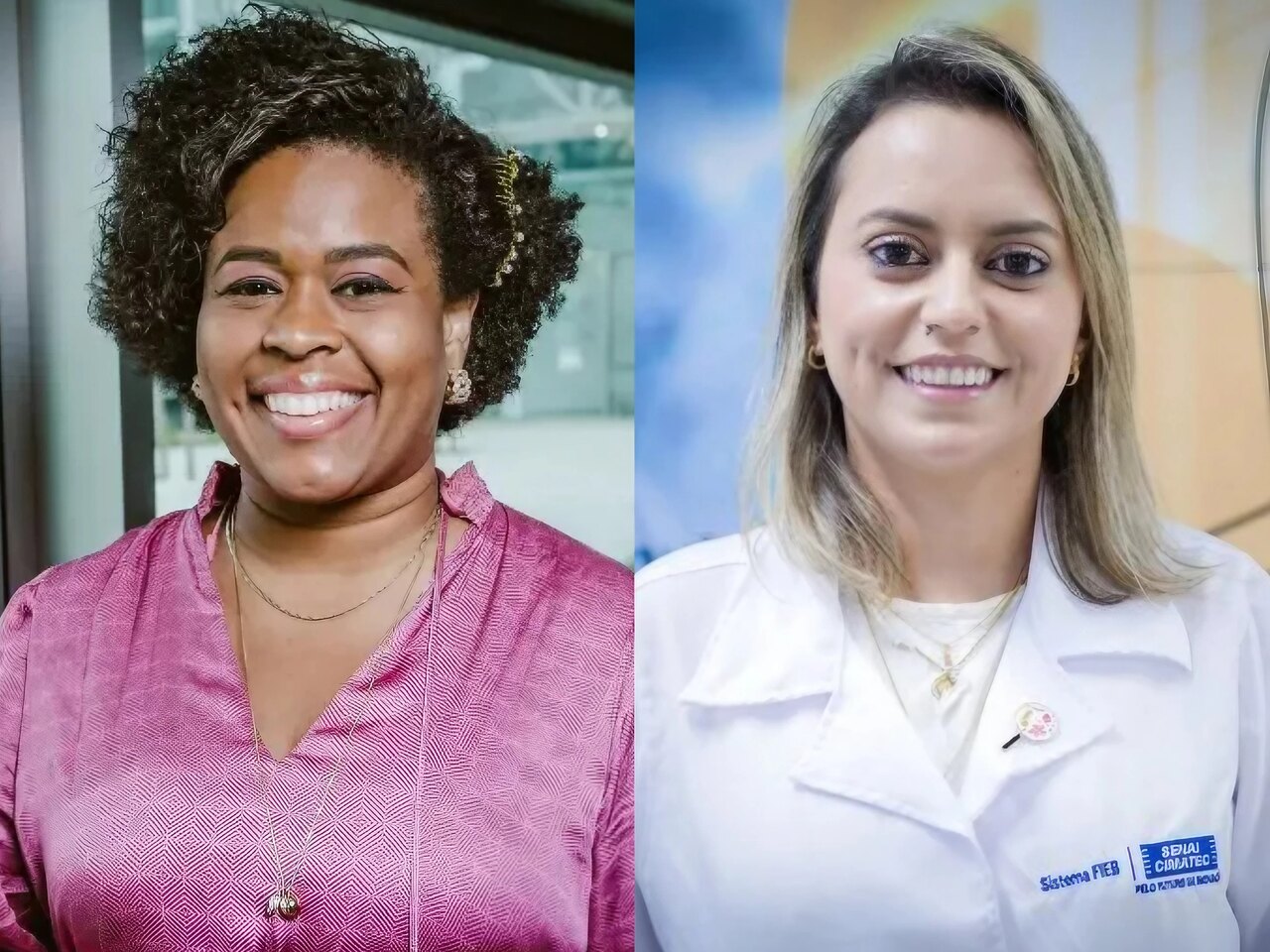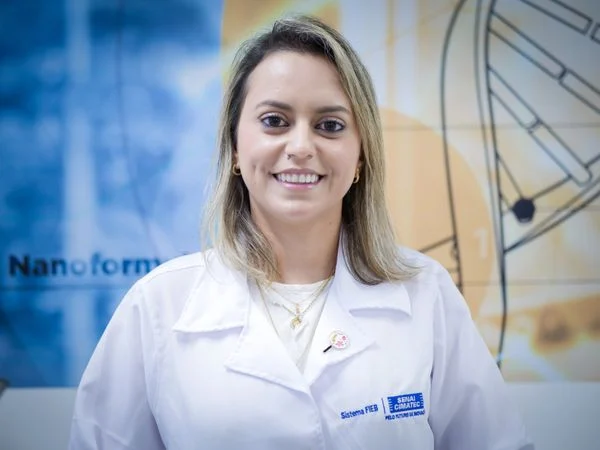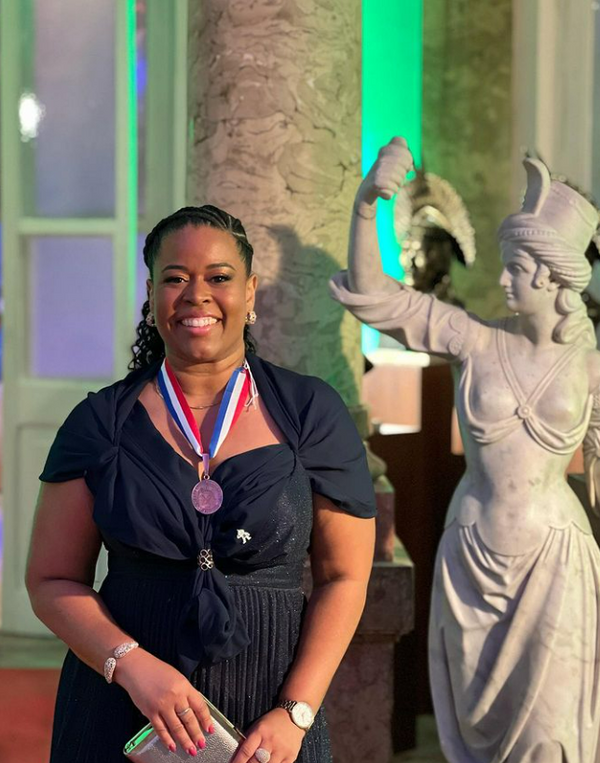December 13, 2023

There is a popular phrase among researchers that sums up the inequalities that exist in academia and science: With every step a woman climbs, she sees fewer researchers like her. This is because White men make up the majority of the highest rungs in the scientific hierarchywhich women are increasingly achieving.
Click here and join Alô Alô Bahia channel on WhatsApp
In this context, two women from Bahia (arretadas) appear, who faced obstacles in becoming authorities in the scientific community. Salvadoran biomedical doctor Jacqueline Goes de Jesus, who led the team that sequenced the coronavirus genome in 48 hours, and pharmacist Bruna Aparecida Souza Machadowho was elected to the Brazilian Academy of Sciences (ABC) this month.
“The older we get, the fewer women we see alongside us, in terms of representation. I have had many opportunities that have led to me being here today, but it is difficult, especially when compared to other countries. We often have projects that take place,” says Bruna Machado. “It is approved on merit, but we have to stop it due to lack of resources.”He is a professor at Sinai Simatic, in El Salvador.
Jacqueline Goss, who gained international recognition at the beginning of the pandemic and today teaches courses and lectures, agrees with this difficulty. “In our country there is no structure that favors science. This policy is not designed to protect science because the resources to be released need the approval of other fields that do not always adhere to this,” explains the biomedical doctor.
In addition to their home state and similar age – Jacqueline is 34 and Bruna is 37 – what brings them together is a desire to inspire young talent. “We, Brazilians, have extraordinary creativity and a lot of intellectual capital. What we lack is encouragement. “We need to put in the minds of Brazilians that they can come to a gym, which, for a long time, was housed inside a dome,” says Jacqueline Joyce.
The biomedical scientist plans to establish an institute bearing her name to invest in scientific research carried out by women. “I am creating an institute to promote and accelerate the careers of women in science. For this reason, I focus on minorities, black women, indigenous people, quilombolas, gypsies, and others. If we can help, I want to help those who are underrepresented,” he explains. “.
For Bruna Machado, The state still needs to realize the importance of science and the financial and intellectual returns that scientists bring to the country. “The North East is still not seen as a region that advances science and technology, but we do and we have outstanding universities. We need more public policies that invest in science in this country, through more Masters and PhD scholarships, so that we have more Scientists residing in our country.
*Published by NR Text by Maisa Pulcri, from Jornal Corio*. Photos: UM BRASIL/Disclosure, Reproduction and Dissemination/Senai.
Read more news in the Notes tab. Follow Alô Alô Bahia on Tik Tok. Follow Alô Alô Bahia on Google News And receive alerts for your favorite topics. Follow on insta @sitealoalobahiaTwitter @AloAlo_Bahia And the threads @sitealoalobahia.

“Wannabe internet buff. Future teen idol. Hardcore zombie guru. Gamer. Avid creator. Entrepreneur. Bacon ninja.”




